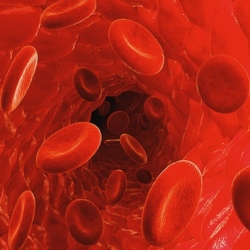
Consider this scenario: it’s 2037, and a middle-aged person can walk into a health centre to get a vaccination against cardiovascular disease. The injection targets cells in the liver, tweaking a gene that is involved in regulating cholesterol in the blood. The simple procedure trims cholesterol levels and dramatically reduces the person’s risk of a heart attack.
According to World Health Organization statistics published in 2015, ischaemic heart disease and stroke are the leading causes of death worldwide. About 17.7 million people died from cardiovascular disease that year, and at least three-quarters of those deaths occurred in low- and middle-income countries. Although antibody-based therapies have been launched to help those most at risk, the cost and complexity of the treatments means that a simpler, one-off fix such as a vaccine would be of benefit to many more people around the world.
“If you are talking about cardiovascular disease as a global health threat, which it undoubtedly is, then protecting the entire population is what we need,” says Musunuru. Lifestyle changes are important, but a substantial portion of the risk of heart failure and stroke comes from the genome. “You don’t need to choose between medicine and lifestyle. You should be doing both,” says Liu, citing people with diabetes, who fare best when they take medication and adjust their lifestyle.
“To vaccinate large numbers of people, that is some way off,” says Musunuru. But gene editing could reset the odds for those who didn’t win the genetic lottery, he predicts. “One way or another, genome editing is going to underlie a host of new types of cardiovascular therapies over the next 25 years.”
